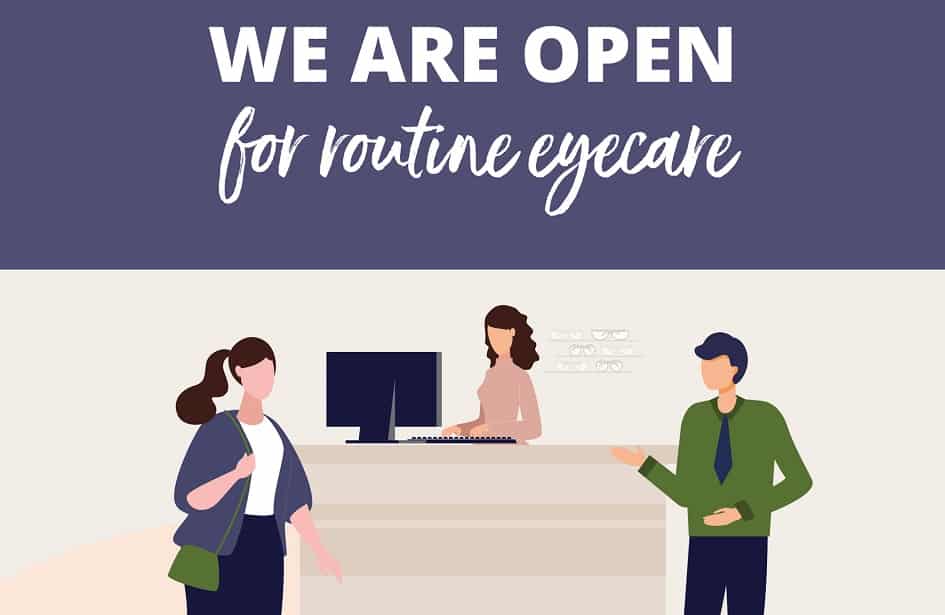As we step into September, eye care professionals around the world are focusing their attention on a growing concern in vision health: myopia. Also known as nearsightedness, myopia affects millions of people worldwide, and its prevalence is increasing at an alarming rate, especially among children. That’s why this September, we’re joining the global initiative to recognize Myopia Action Month.
What is Myopia?
Myopia is a refractive error that occurs when the eye focuses light in front of the retina instead of directly on it. This causes distant objects to appear blurry while close-up vision remains clear. While genetics play a role in myopia development, environmental factors such as increased screen time and reduced outdoor activities are contributing to its rapid rise.
The Growing Concern
Recent studies have shown that by 2050, nearly half of the world’s population could be myopic. This isn’t just about needing glasses or contact lenses. High levels of myopia increase the risk of serious eye conditions later in life, including:
- Retinal detachment
- Glaucoma
- Cataracts
- Myopic maculopathy
Taking Action This September
Myopia Action Month is our opportunity to educate, raise awareness, and take steps to manage this growing issue. Here’s what you can do:
- Schedule an Eye Exam: Regular comprehensive eye exams are crucial for early detection and management of myopia.
- Limit Screen Time: Aim for less than 2 hours per day of recreational screen time (not including school time). Additionally, encourage children to take regular breaks from close-up work and screen time using the 20-20-20 rule: every 20 minutes, look at something 20 feet [6 meters] away for 20 seconds.
- Increase Outdoor Time: Studies suggest that spending more than 90 minutes per day outdoors can help slow myopia progression in children.
- Consider Myopia Management: Ask your optometrist about specialized treatments like orthokeratology, multifocal contact lenses, or atropine eye drops that can help slow myopia progression.
- Spread Awareness: Share information about myopia with friends and family, especially parents of young children.
Resources for Parents
We understand that parents may have many questions about myopia and how to protect their children’s vision. For comprehensive information and answers to frequently asked questions, we highly recommend visiting MyKidsVision.org. This website is an excellent resource dedicated to educating parents about children’s eye health, with a focus on myopia prevention and management.
Our Commitment
At Harris Blake & Parsons Optometrists, we’re dedicated to providing the latest in myopia management. This Myopia Action Month, we’re offering myopia screenings for all children. Call us today to schedule an appointment and take the first step in protecting your child’s vision for the future.
Remember, early intervention is key in managing myopia. Let’s work together this September to ensure clearer vision for generations to come.



